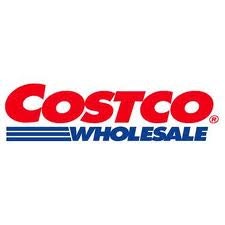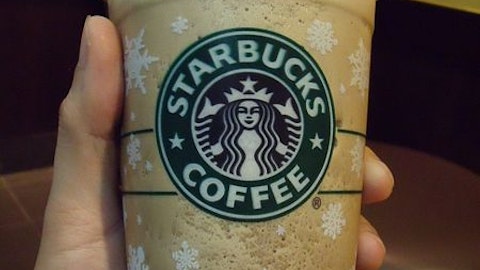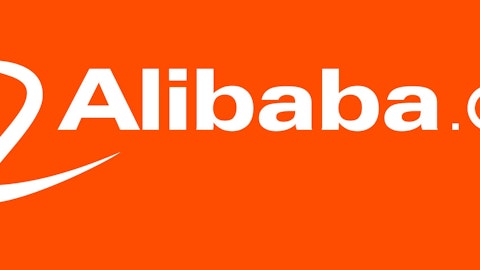Costco Wholesale Corporation (NASDAQ:COST) spiked as high as $140.69 per share today or 3.54% up from its closing price of $135.88 per share yesterday as Piper Jaffray defended why it is bullish on the membership shopping firm. Piper Jaffray reiterated its ‘Overweight’ rating and $154 price target for the stock, an over 13% upside compared to the shares’ closing price yesterday. Analyst Sean Naughton sees the most upside to the stock coming from the firm’s deal with Visa Inc (NYSE:V), and possible membership fee increases Costco may be implementing. He says fellow analysts are not pricing the Visa deal and the membership fee increases into Costco’s stock at the moment. Naughton adds that Piper Jaffray is projecting comparable sales in June, with results to increase 5% to 7% and reported results to change between a decrease or increase of 1%. Headwinds in the price of gas and foreign exchange rates may affect the company by a projected 650 basis points however. The June sales period is made up of 34 selling days, including the Independence Day holiday weekend, he says, which is comparable to last year. Naughton says his ‘Buy’ rating on the stock is made with a “defensible model” and that he believes “the new Visa deal and potential membership fee increases are probably not fully baked into longer-term numbers.”

However, the upbeat outlook on Costco Wholesale Corporation (NASDAQ:COST) does not match how the smart money followed by Insider Monkey traded the firm during the first quarter. The retailer was in 41 hedge funds’ portfolios at the end of March. Costco shareholders have witnessed a decrease in support from the world’s most elite money managers of late, as there were 44 hedge funds in our database with Costco holdings at the end of the previous quarter. Hedge funds also deflated their holdings in the stock by 7.84% to $1.51 billion by the end of the first quarter, from $1.64 billion at the end of the previous quarter, while the stock increased in value by 6.87% during that quarter, suggesting some of them were taking gains from the stock and moving on to something else, perhaps feeling there was little room left to the upside.
First, a quick word on why we track hedge fund activity. In 2014, equity hedge funds returned just 1.4%. In 2013, that figure was 11.3%, and in 2012, they returned just 4.8%. These are embarrassingly low figures compared to the S&P 500 ETF (SPY)’s 13.5% gain in 2014, 32.3% gain in 2013, and 16% gain in 2012. Does this mean that hedge fund managers are dumber than a bucket of rocks when it comes to picking stocks? The answer is definitely no. Our small-cap hedge fund strategy – which identifies the best small-cap stock picks of the best hedge fund managers – returned 28.2% in 2014, 53.2% in 2013, and 33.3% in 2012, outperforming the market each year (it’s outperforming it so far in 2015 too). What’s the reason for this discrepancy, you may ask? The reason is simple: size. Hedge funds have gotten so large, they have to allocate the majority of their money into large-cap liquid stocks that are more efficiently priced. They are like mutual funds now. Consider Ray Dalio’s Bridgewater Associates, the largest in the industry with about $165 billion in AUM. It can’t allocate too much money into a small-cap stock as merely obtaining 2% exposure would really move the price. In fact, Dalio can’t even obtain 2% exposure to many small-cap stocks, even if he essentially owned the entire company, as they’re simply too small (or rather, his fund is too big). This is where we come in. Our research has shown that it is actually hedge funds’ small-cap picks that are their best performing ones and we have consistently identified the best picks of the best managers, returning 135% since the launch of our small-cap strategy compared to less than 55% for the S&P 500 (see the details).
Insider Monkey also looks at insider purchases or sales of shares in companies like Costco Wholesale Corporation to see if management team members are taking a stake in the stock. There were no recorded purchases in the first half of the year, while the most recent sales were by EVP Timothy Rose, who sold 3,000 shares by the end of April, and Chairman Jeffrey Brotman, who sold 99,500 shares at the start of said month.
With this in mind, we’re going to take a look at the fresh action regarding Costco Wholesale Corporation on the next page.




